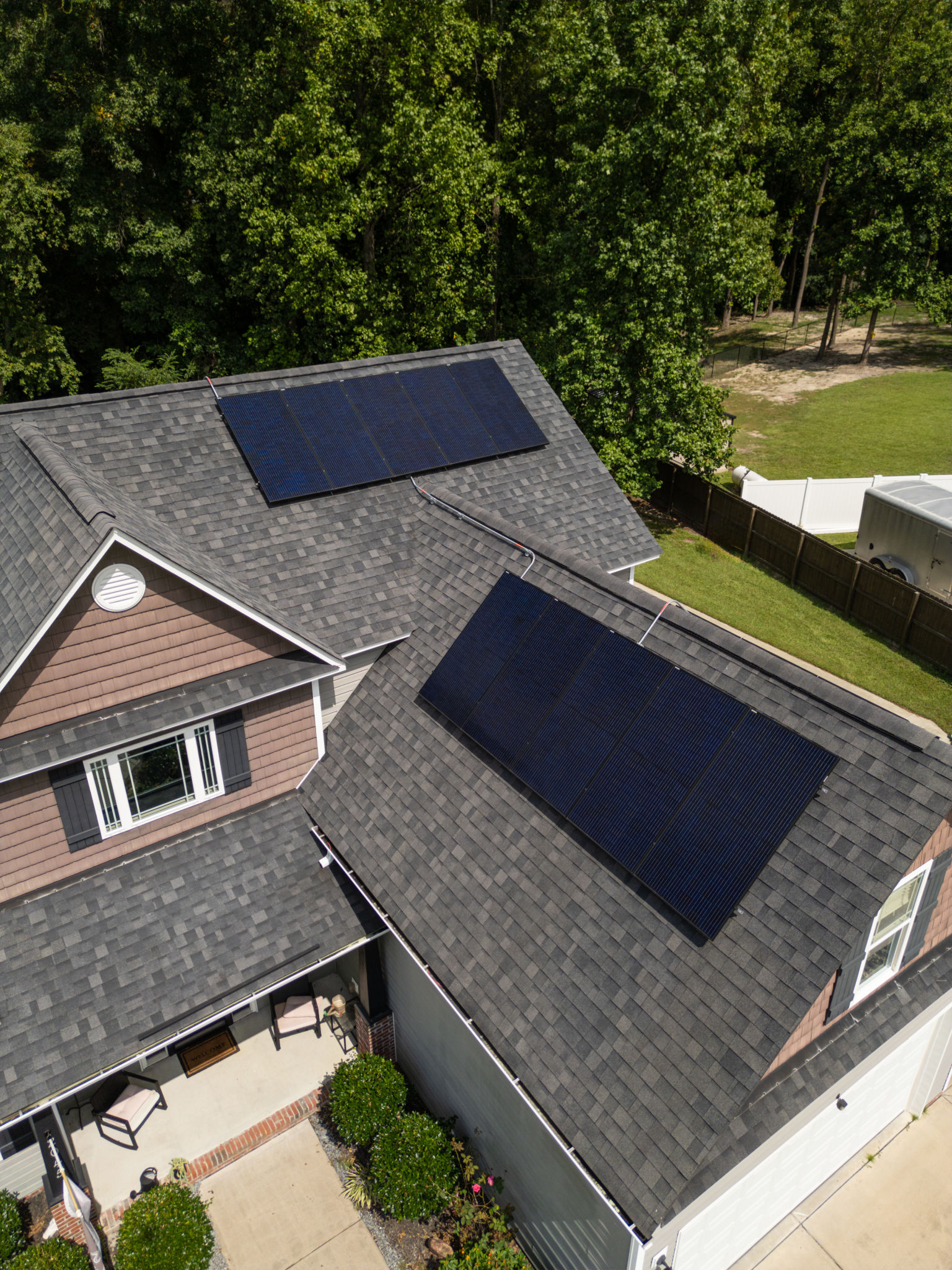Common Roofing Myths Debunked: What You Really Need to Know
Understanding Roofing Myths
Roofing is a critical component of any home, yet it is often shrouded in misconceptions. These myths can lead homeowners to make uninformed decisions that may affect the longevity and effectiveness of their roofs. It's essential to separate fact from fiction to ensure your roofing system remains in top condition.
One common myth is that all roofing materials are the same. In reality, roofing materials vary significantly in terms of durability, cost, and suitability for different climates. For example, asphalt shingles are popular due to their affordability and ease of installation, but they may not be the best choice for areas with extreme weather conditions.

Myth: Roofs Only Need Attention When Leaking
Another prevalent myth is that roofs only need attention when they start leaking. This misconception can lead to severe damage that could have been prevented with regular maintenance. Regular inspections help identify potential problems before they escalate into costly repairs.
Experts recommend having your roof inspected at least once a year. During these inspections, professionals can check for signs of wear and tear, such as missing shingles, cracked tiles, or damaged flashing. Addressing these issues early can prolong the life of your roof and save money in the long run.

Myth: New Roofs Don’t Require Maintenance
Many homeowners believe that once they install a new roof, they can forget about it for decades. While modern roofing materials are designed to be durable, they still require regular maintenance to perform optimally. Neglecting a new roof can lead to premature aging and reduced lifespan.
Maintenance tasks include clearing debris from gutters, checking for moss or algae growth, and ensuring proper ventilation. These steps help prevent damage and maintain the aesthetic appeal of your roof.

Myth: DIY Roofing Is Cost-Effective
The allure of saving money through DIY roofing projects can be strong, but this approach often leads to more expenses in the long run. Roofing requires specialized skills and tools that most homeowners lack. Improper installation can result in leaks, structural damage, and voided warranties.
Hiring a professional roofing contractor ensures that the job is done correctly and safely. Professionals have the expertise to choose the right materials and execute proper installation techniques, which are crucial for a long-lasting roof.

Myth: Roofs Can Last Forever
Lastly, there's a belief that roofs can last indefinitely with the right care. While maintenance can significantly extend a roof's life, all roofs have a finite lifespan. Various factors such as material quality, weather conditions, and maintenance frequency determine how long a roof will last.
Understanding the expected lifespan of different roofing materials can help homeowners plan for replacement. For instance, asphalt shingles typically last 20-30 years, while metal roofs can last 40-70 years with proper care.

Conclusion
Debunking common roofing myths is essential for making informed decisions about your home's roof. By understanding the realities of roofing materials, maintenance needs, and professional installation benefits, homeowners can ensure their roofs remain functional and durable for years to come.
Always consult with experienced roofing professionals for advice tailored to your specific situation. Their expertise can protect your investment and provide peace of mind knowing your home is well-protected from the elements.